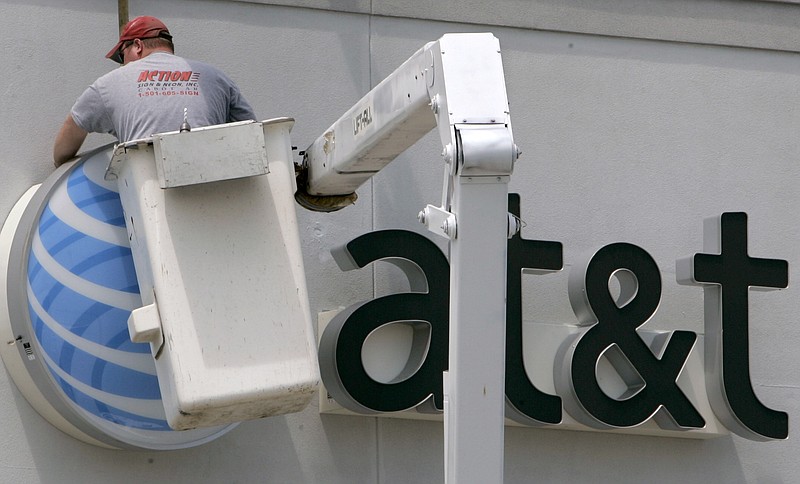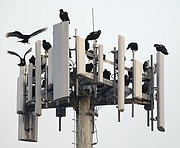The country's biggest wireless carriers have shied away from pointing fingers at one another after a rare five-hour outage on Tuesday left much of the Southeast with spotty or no cellphone coverage for much of the day.
The massive outage was rare, not just because of the geographic scope of the outage, which affected customers across Tennessee, Georgia, Alabama and Kentucky, but also because it affected all major wireless carriers.
For most consumers, getting answers about the root cause of the problem has not been aided by the terse explanations offered by the major carriers. But a few experts have pieced together enough evidence to conclude that AT&T's wired network was the culprit.
Verizon said the problem was caused by a "vendor," without being specific.
U.S. Cellular also blamed a "third-party vendor."
T-Mobile said in a tweet that the problem stemmed from a "server issue."
Sprint offered the most detail, saying the issue appeared to be caused by a "local exchange provider," industry jargon for the local telephone company. In the Southeast, that would be AT&T's wireline division.
An AT&T spokesperson on Tuesday night acknowledged that engineers had fixed an unspecified "hardware-related network issue" that had knocked out both wireless and wireline service to customers across the Southeast, and in a text message sent to customers on Thursday, Ma Bell apologized.
"We're sorry for any inconvenience you may have experienced Tuesday using our network. We value you as a customer and want to apologize for any service disruption," the company wrote.
But beyond the diagnosis of a "network issue," it remains unclear exactly what caused the outage, nor why or how a single piece of hardware could disrupt business, government and consumer communications for the entire Southeast United States. Emergency services were reportedly not affected, as they operate using different bands.
Re/code, an independent tech news, reviews and analysis site, which counts the Wall Street Journal's tech guru Walt Mossberg among its executive team, pointed the finger squarely at AT&T.
"AT&T is the dominant landline provider for the region, and all the major cellular providers use its networks for backhaul - that is, helping transport the data once it leaves their collection of cellular towers," the publication wrote.
But the question is, if AT&T went down, why didn't the other carriers just throw a switch and send their signal somewhere else, or switch to another backhaul provider?
Ars Technica, a publication aimed at technologists and IT professionals, spoke to Dan Rayburn, an analyst at Frost & Sullivan, who writes about the business relationships among network providers.
"If they are all using AT&T for backhaul and have no backup, then they are screwed," Rayburn told Ars Technica. "They simply make a cost versus quality decision. Outages are rare, so why buy backup and then pay for what you aren't using?"
But the most specific explanation came from Kentucky's Division of Emergency Management. A spokesman for the state agency told news outlets that one of AT&T's fiber-optic cables was cut along the Kentucky-Tennessee border.
But the source of any alleged cut remains unknown. AT&T on Thursday said it is still investigating the problem and could not offer any new details.
Contact staff writer Ellis Smith at 423-757-6315 or esmith@timesfreepress.com.

